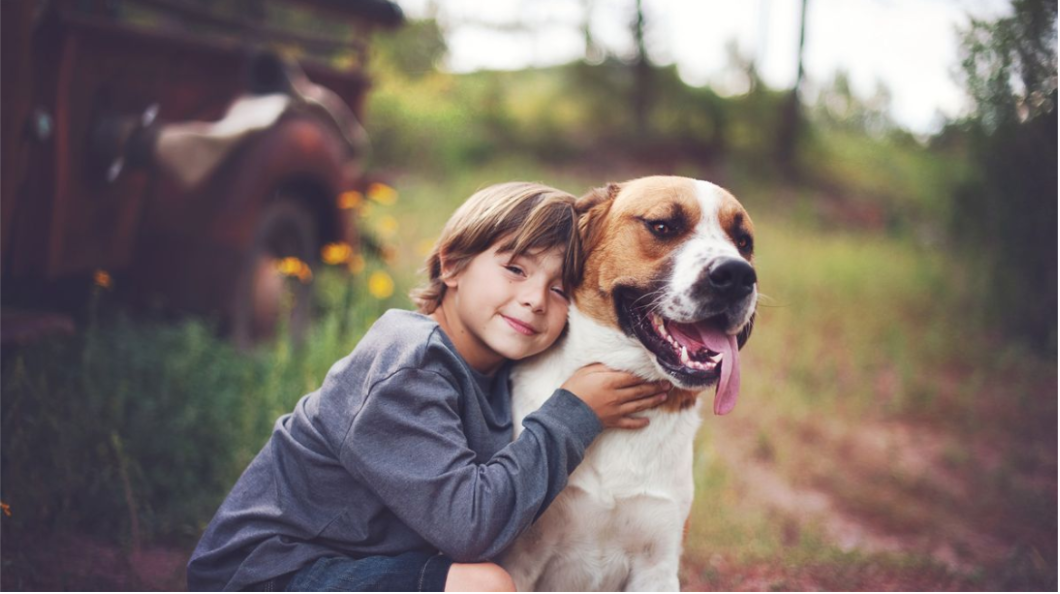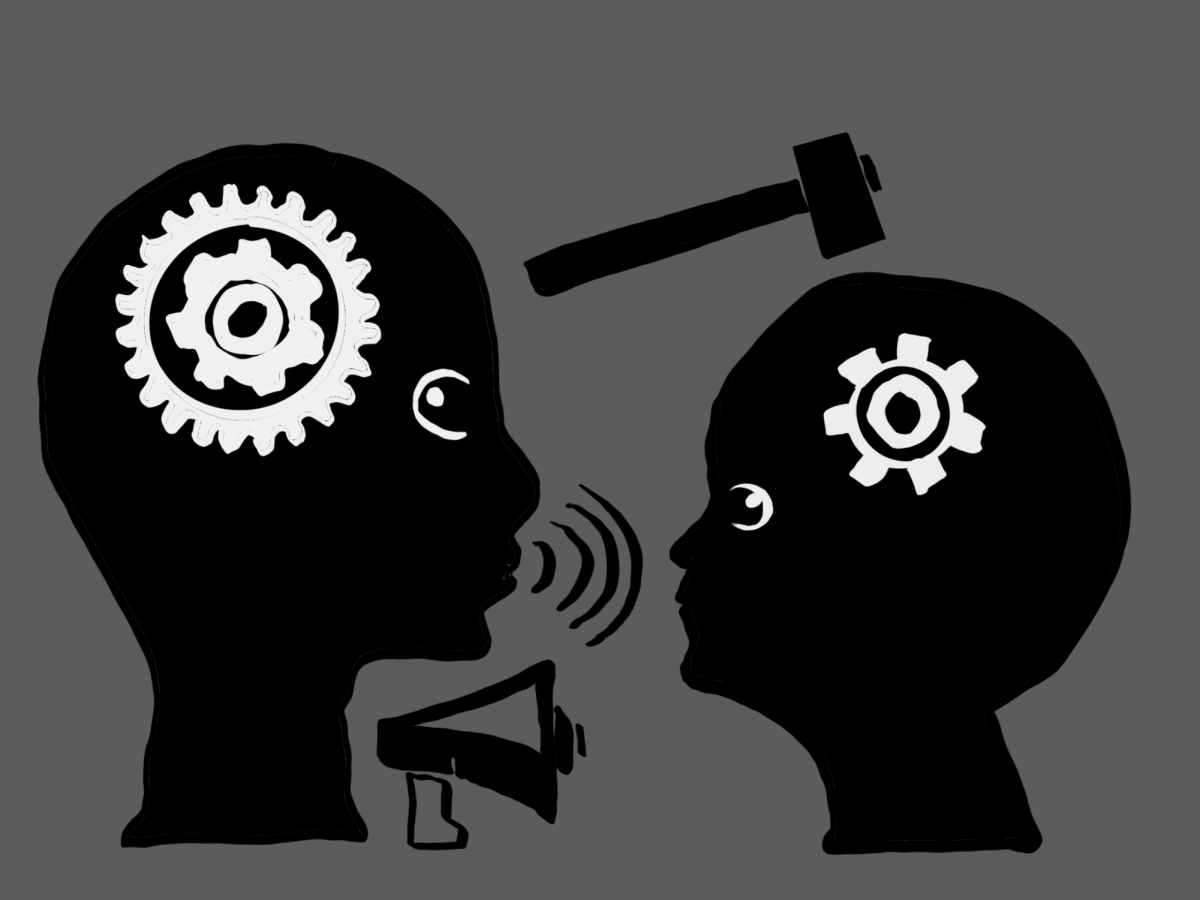Growing up, it is not uncommon for kids to beg their parents for a puppy. Their parents, in return, often say how much work they are and how they do not want to be responsible for taking care of it; however, the pros of owning a dog greatly outweigh the cons. Dogs not only contribute to the development of responsibility for children but also provide emotional support for children of all abilities and ages.
The classic excuse that dogs are too much work has officially become outdated and irrelevant. In an age of “gentle parenting” with little responsibilities for children, owning a dog inevitably teaches kids basic responsibilities to care and look after it from a young age. Simple tasks such as walking, feeding and cleaning up after a dog creates structure and routine for kids who may otherwise be exempt from chores and other household contributions. Claiming that a dog is “too much work” can instead be translated into an opportunity to teach a child the importance of caring for and looking after it; furthermore, a puppy only requires an immense amount of work in its early stages. Once a puppy grows into a dog and becomes used to routine, dogs can be fairly low maintenance depending on the breed.
In addition to the external benefits that come from owning a dog, the significant impacts are entirely internal. Especially after the recent spike in child anxiety rates because of the COVID-19 pandemic, it is more important than ever to find effective and safe remedies.
According to a study conducted at the Bassett Medical Center in New York, featured in an NBC news report, “just 12 percent of children with pet dogs tested positive for clinical anxiety, compared to the 21 percent of children without a dog.”
Dogs have additionally proven to lower blood pressure, heart rate, the general risk of asthma and allergies in children and adults. Allergies are a major concern that has recently been addressed thanks to developments in selective breeding of hypoallergenic dogs. Dogs bred with poodles to create “doodle” mixes generally do not shed and are safe for those even with severe allergies. Although allergies may be sensitive to saliva regardless, exposing children to dogs, hypoallergenic or purebred, will ultimately build up immunity and a tolerance to dogs from a young age. Dogs have also evidently proven that they are major contributors to mental health improvements in an era of an international mental health crisis.
Dr. Anne Gadomski, pediatric specialist, wrote that “from a mental health standpoint, children aged 7 to 8 often ranked pets higher than humans as providers of comfort and self-esteem and as confidants” in the journal of Preventing Chronic Disease for the CDC.
Dogs radiate off of human emotional cues that determine their responses in building relationships with their owners. Licensed therapy dogs are specialized in providing calming companionship to those who struggle with mental health concerns, illness and disabilities. When visiting a hospital, it is common to come across dogs wandering the halls visiting patients from room to room to deliver a feeling of comfort and love. For children with severe disabilities such as autism or nonverbal impediments, dogs provide a loving companionship that exposes them to the partnership they are deprived from in human interactions. Dogs are not selective of looks, wealth, or ability; instead, they simply reciprocate the love they receive. There is a reason why dogs are considered “a man’s best friend,” since they inhabit the qualities of loyalty and unconditional love.









